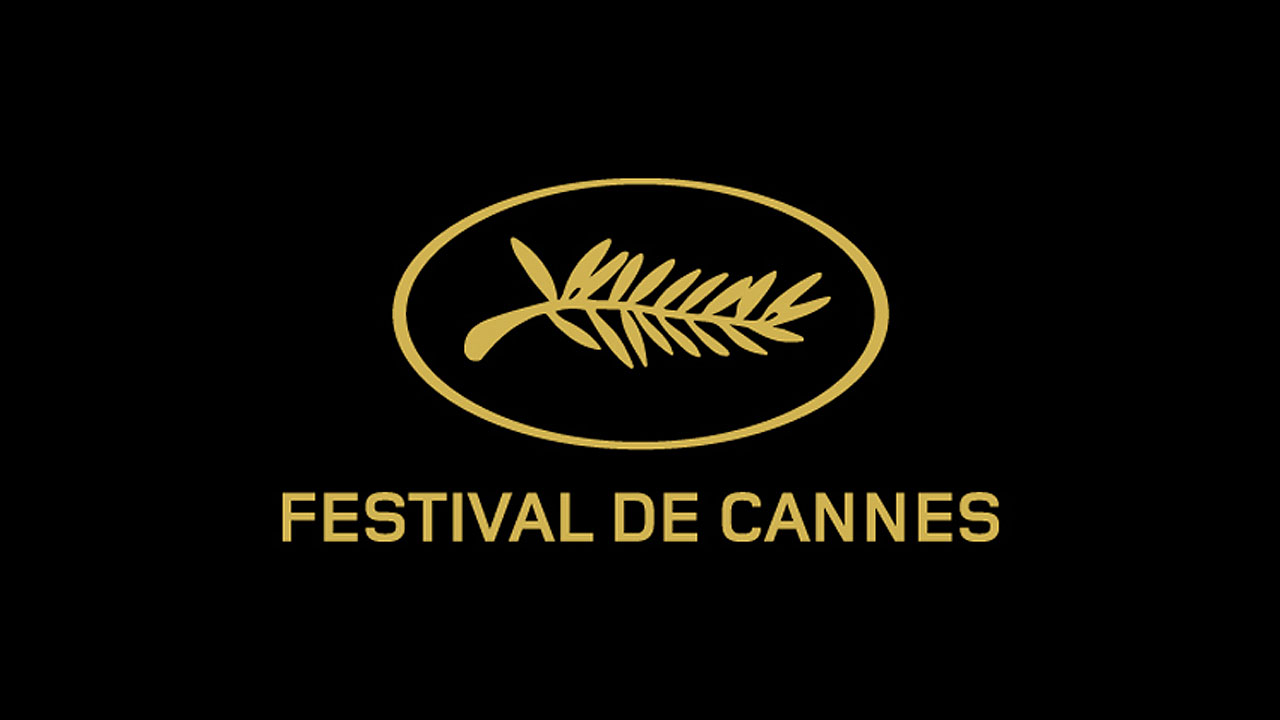Cannes Film Festival News: Squid Game star Lee Jung-jae steps behind the camera for Hunt

CANNES — Squid Game star Lee Jung-jae flexes his filmmaking muscles with Hunt, a spy thriller he wrote, directed, produced and also acts in.
Mr. Lee’s directorial and screenwriting debut received its world premiere at the Cannes Film Festival, where it is screening out of competition.
The fast-paced, action-packed movie centers around two South Korean spies who are tasked with uncovering a North Korean mole, and wind up investigating each other in the process.
Mr. Lee, 49, stars as one of the spies opposite his long-time friend and business partner Jung Woo-sung.
He said his nearly three-decade long career was a big help when stepping behind the lens.
“I have acted in many different genres and I could remember scenes I’d shot as an actor that were difficult to film or that didn’t come out as I expected,” he told Reuters in Cannes.
“I tried to remember those scenes when I was writing the script to ensure I could be as effective as possible when directing.”
Mr. Lee makes his debut riding on the high of the success of his Netflix series, which became the streaming giant’s most popular show globally, and the triumphs of other Korean TV shows, films, and music around the world.
“I am so thankful that I am making my directorial debut during this renaissance of Korean culture,” Mr. Lee said.
“I hope to get to meet international audiences and fans more often with other movies and content as well.”
Asked which of the many hats he wore on the project he enjoyed the most, Lee did not hesitate.
“Of course acting. I’m an actor. It’s my identity. So, I just loved acting the most.”
UKRAINIAN DIRECTOR DENOUNCES RUSSIAN PRESENCE
Ukrainian director Dmytro Sukholytkyy-Sobchuk criticized the Cannes Film Festival for including a Russian director in its line-up, as the debut filmmaker’s Pamfir was shown at Cannes’ Directors Fortnight on Saturday.
The festival has banned official Russian delegations from attending, but Russian dissident Kirill Serebrennikov, who has spoken out against the invasion of Ukraine, premiered his in-competition film Tchaikovsky’s Wife at the festival last Wednesday.
“When he’s here, he is part of the Russian propaganda, and they can use him,” Sukholytkyy-Sobchuk told Reuters on Saturday.
The Russian director Serebrennikov had said earlier last week that Russian culture should not be boycotted, saying that Russian culture “has always promoted human values.”
The Ukrainian director Sukholytkyy-Sobchuk described the sensation of being in Cannes while his country fights against a Russian invasion as “alien.”
“Everything what’s happened here, it’s something that would not belong in Ukraine — the peaceful life… We have (an) opposite reality,” he said.
Set in the forests of western Ukraine’s Chernivtsi region, Pamfir begins with the return of a father, Leonid, to his family after months of working in Poland. A church fire attributed to Leonid’s son Nazar forces the father to take up a quick smuggling job, angering the local contraband boss.
With references to Greek tragedy and the bible story of Abraham and Isaac, the story of fighting for redemption has resonance with the ongoing conflict.
“(The film) is a reflection of the strength and power of the Ukrainian people, who are very strong and who will win. It’s just a question of time… because we can’t be defeated,” said Oleksandr Yatsentyuk, who plays Leonid.
ALI ABBASI INTRODUCES ‘PERSIAN NOIR’
Iranian director Ali Abbasi premiered Holy Spider at the Cannes Film Festival on Sunday, the tale of a serial killer in the holy city Mashhad — based on a true story — dubbing the genre “Persian noir.”
“This is a film noir. This is a Persian noir,” Mr. Abbasi told Reuters.
The movie takes viewers to the outskirts of the Iranian city, where serial killer Saeed Hanaei, played by Mehdi Bajestani, hunts down destitute prostitutes in what he sees as a cleansing mission. Pursuing him, investigative journalist Rahimi, played by Zar Amir Ebrahimi, suspects local corruption is hampering his arrest.
“We want to build a universe, a universe which is dark, which has an underbelly, which has vice, which has trouble, which has all sorts of conflicts ongoing,” said Mr. Abbasi. “Is that an accurate portrait of Iran?”
The movie shows a society that is unforgiving to those who deviate from its religious rules. When the real life “spider killer” was caught in 2001, he found support for his argument that he was stamping out what he called moral corruption, although he was convicted and executed the following year.
“I’m talking about a real case — we didn’t know… would he be convicted? Would he be punished?” said Mr. Abbasi.
The movie, distributed by Metropolitan Filmexport, is one of 21 films vying for the festival’s top prize, the Palme d’Or. Mr. Abbasi won the Cannes prize in the Un Certain Regard, category in 2018 with Border.
Describing the contradictory nature of Iranian society, where women may be highly trained doctors and engineers but are also subject to tight controls over what they wear and how they look in public, the director said he sought to expose these tensions.
“This picture is not one sided. There is reason to hope. There’s also reason to fear.” — Reuters



